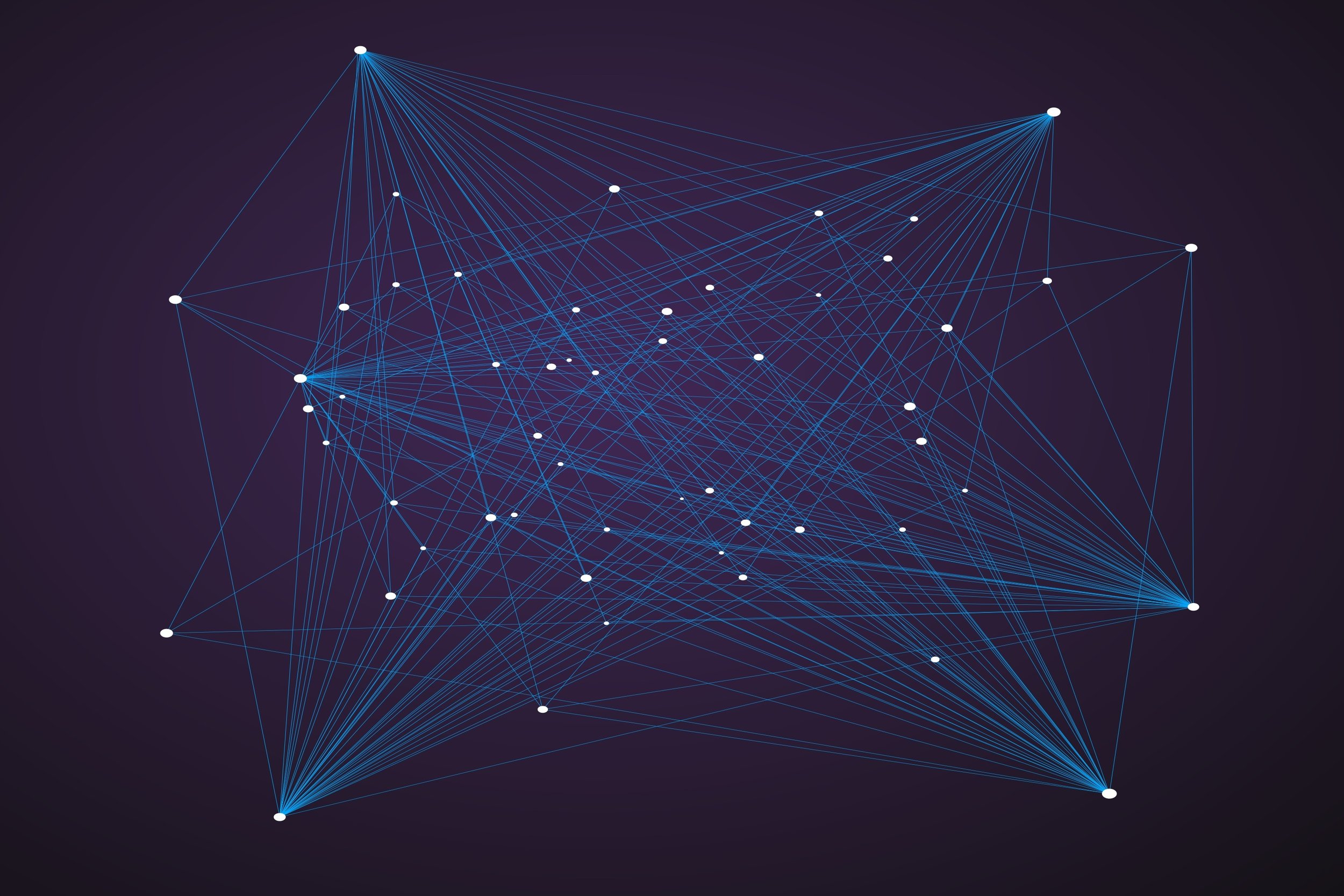An observer is a person who makes measurements (observations) on a system to gain information about it. This information can be communicated to other people in the form of a description.
Our concept of an observer is based on considering a person with senses seeing, hearing, feeling or smelling something. Generally, scientific theories do not describe the properties of the observer because the subject of inquiry, that which is being described, is the observed rather than the observer.
The field of complex systems is interested in relationships. The observer and system are in a relationship. Thus, we are interested in developing a more precise notion of an observer, and the basic act of observation or measurement. The observer will then be in our theories. This work also connects with the problem of understanding how people sense and describe what they sense, which is part of the problem of understanding brain and mind.
Thus we need to start from a more general definition:
An observer is a system which, through interactions, retains a representation of another system (the observed system) within it.
The conventional view of an observer is of an objective observer. An objective observer is independent of both the system being observed and the rest of the environment. Implicitly there is an influence between the system and the observer. This influence is solely one-way through the effect of measurements that provide the observer with information about the system. Thus, the act of observation must cause an influence of the observed system on the observer.
Quantum mechanics modifies this because it says that the observer's measurements must also have an effect on the observed system. When the observed system is large this effect may be ignored, but when it is small enough it cannot be neglected in treating the time history of the observed system. The observed system has a discontinuity in its history at the time of measurement. This is described by wavefunction collapse. In the parallel universes picture, the observer and the observed have become entangled.
The importance of the objective observer to scientific studies is clear in the "double-blind" medical methodology which tries to eliminate effects of the observer on the outcome.
Additionally, it is generally assumed that the observer can construct an experiment in a controlled fashion subject only to limitations of physical law. This control is also an influence of the observer on the system.
Other approches to considering the observer and system interactions have been discussed in other contexts (e.g. cybernetics), and effective formulations of this relationship continue to be an ongoing area of research.
Related concepts: description, relationship
Copyright © 2011 Yaneer Bar-Yam All rights reserved.
